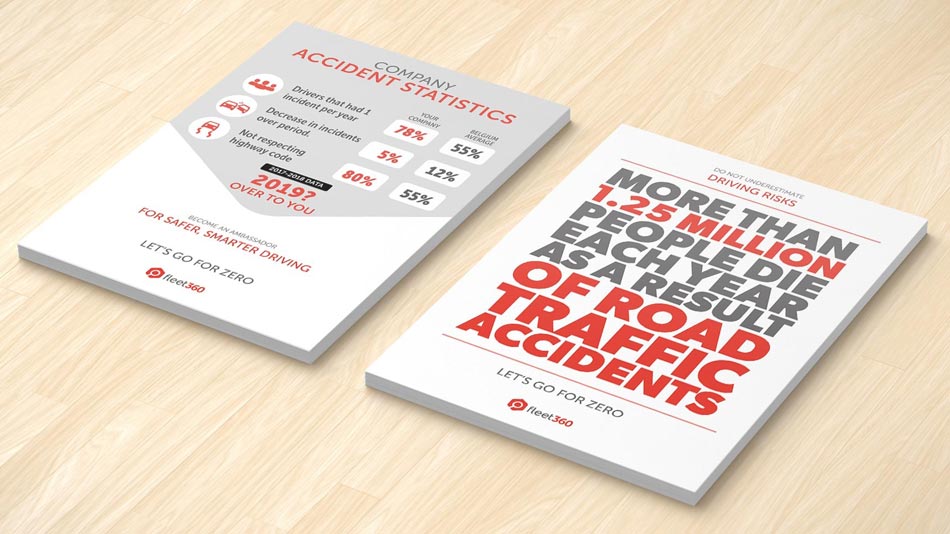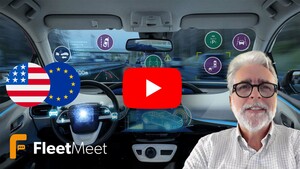How to reduce driver accidents and create a driver safety culture
If you operate a large fleet, generally speaking you would agree that the number of ‘at fault’ accidents could be reduced. Not only would this address duty of care concerns but, it would also impact on your overall fleet insurance cost.
The question is how to reduce driver accidents and create a culture of safety within your organisation.
When considering your drivers, it is not their skill level that comes into question, but their driving behaviour. Once a driver enters your fleet responsibility, you may have checked their licence but how do you monitor ongoing behaviour with the goal of reducing future incidents?
Many Fleet Managers we speak to are on a mission to reduce driver accidents but are unsure as to the best methodology. It is often cited that the normal culture of drivers is that accidents are acceptable and inevitable. This cannot be accepted.
Bart Vanham
The proven method to reduce driver accidents and keep people safe is to shift the culture to promote and reward smart driving. The intention is to get drivers to think about their trip ahead and not just jump in a vehicle with the view that they are a skilful driver and therefore they can drive fast.
Case study
The results from an ongoing campaign have shown some fantastic results. In less than 12 months, drivers on our safety campaign have posted a 37% reduction in incidents vs an increase of 13% for drivers not participating in the campaign. Read more.
Drivers participating in #goforzero
Drivers NOT participating in #goforzero
The Process
A typical campaign to reduce driver accidents looks to communicate the message to the whole company. The added benefit is that all drivers, not just company car drivers, see and understand the issue. Staff must connect with the campaign and see that they and their colleagues are part of the solution. The campaign referred to in the case study shows that the optimal result is obtained by not only providing the driver general information, but also confronting them with their own driving behaviour which in turn helps them improve by either eLearning or immediate feedback.

The steps to reduce driver accidents
- Communication: Inform your drivers, challenge and educate on how their driving style contributes to control accident, fine and fuel costs.
- Behaviour monitoring and driver reporting with CoPilot. It indicates where things can be improved.
- eLearning: Hazard Perception test and appropriate personalised modules for improved driver training.
- Reporting: Quarterly reporting via push mail for company car drivers. Scoring of driving behaviour based on fuel consumption and accident statistics
The key here is that the process involves driver monitoring via a cost effective drive app. Drivers can easily answer the right questions in a driver survey, but they cannot 'hide' their actual driving behaviour in the real world. This 'telematics' data is then linked with our eLearning programme to help drive powerful bespoke driver training.
Bart Vanham

Want to meet in person?
We are attending the Fleet Europe Summit 2019. A perfect place to network and discuss fleet in general.
Let's connect and have a chat.
Hans Damen
30 years experience in Fleet as CEO of Fleet Synergy (now Athlon Car Lease International). Founded FleetVision (2008), TCOPlus (2010) and partner in Fleet&DriverCare (2014). Founded Fleet360 in 2018.
Bart Vanham
25 years in the Automotive and Fleet sector, 16 years with PwC responsible for Tax Automotive Network, involved internationally with the IFG, the IFMI, responsible for publications in Fleet Europe, Fleet World International etc. Founded Fleet&DriverCare (2009), TCOPlus (2010) and Cars4Publicity (2012). Founded Fleet360 in 2018.



